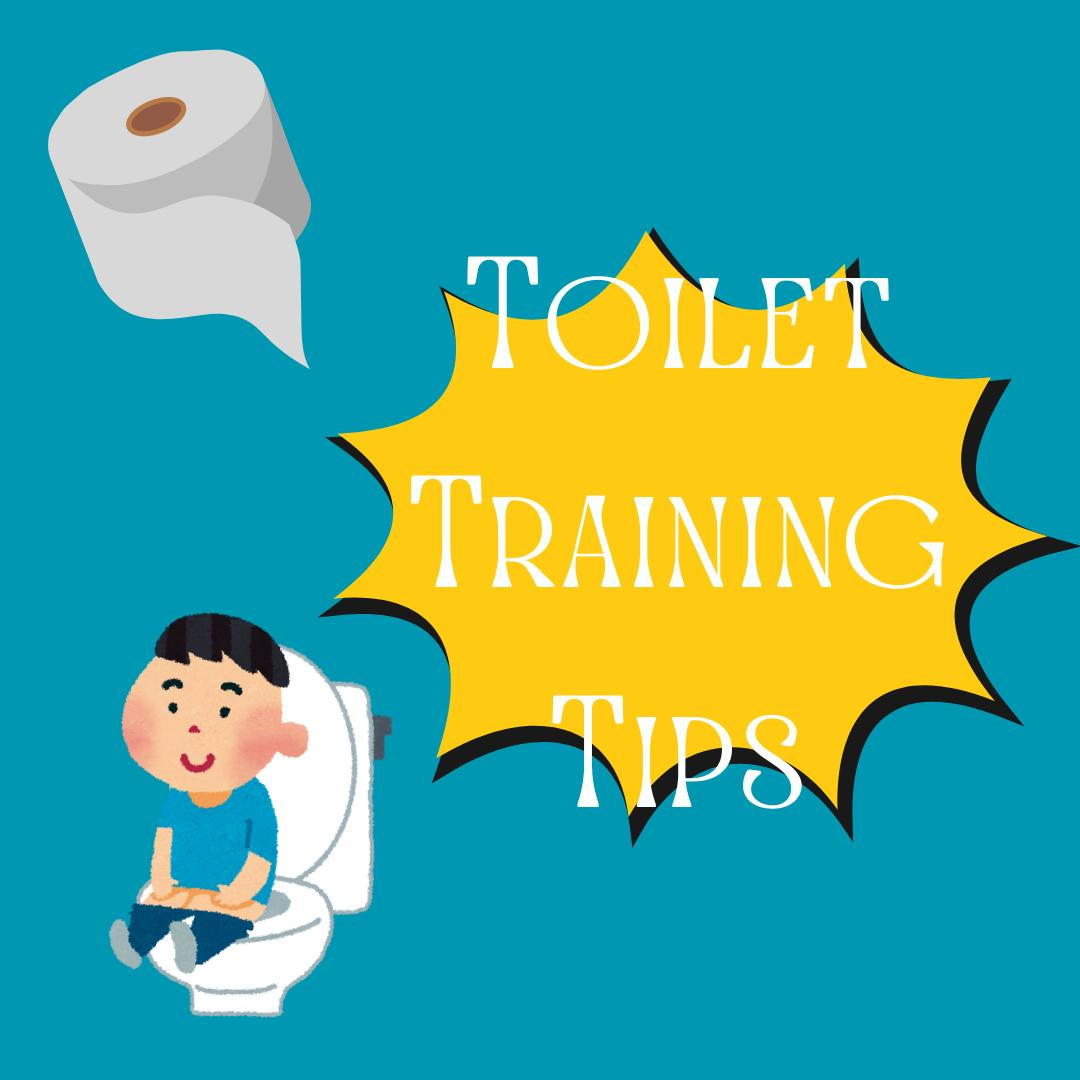
For parents considering potty training their little ones, knowing when to start can be the first hurdle to overcome: although many children start potty training around 2 ½ to 3 years old, a child’s physiologic, cognitive, and emotional development can alter when they are ready to start training. Overall, it is important for a child to be able to understand their parents’ explanations, commands, and responses as well as being able to express themselves.
Body awareness is an important indicator of potty-training-readiness and can start to develop as early as 12-18 months old. Children may start to show signs of discomfort when their diaper is dirty and may become more interested in their body parts, including their “private” areas. Some children may show awareness by having a preference for wearing clothes and can start to remove their clothes and diapers on their own. It is important during this stage to use positive words to describe your child’s body as well as positive language regarding their urine and stool (avoid negative words like “ew”, “gross”, or “nasty”). If your child communicates to you that they are dirty or need to use the bathroom/diaper, praise them for this accomplishment!
Once a connection has been made in your toddler’s mind about the sensations they feel and how their body responds, the next step is to come up with a plan and help them remember it. Memory & problem solving skills needed for this step may not be present until your child turns 2 years old. Signs of readiness may be as simple as your child coming to you for a diaper change when they know they are soiled or wet. At this time, have them help pick out a potty chair, start reading books about using the potty, and being a role model for your child. If they are showing interest in using the potty, consider starting a routine for them (such as sitting on the potty right after waking up in the morning or right before bed until they urinate or have a bowel movement, then praising them for using the potty). With time, practice, and the development of more complex thinking, your child will start to remember previous toilet training experiences and start to apply them when the need strikes. Try switching to big-kid underwear and continue to praise your child when they go to the bathroom. Do not scold or embarrass your child if they have an accident; have them help you clean up and talk about having a plan for next time.
Although potty training can be difficult, remember to stay calm, be positive, and do your best to avoid bribery or power struggles. If you have concerns about your child’s toileting habits or accidents, schedule an appointment with one of our providers!
Healthy Children. (November 6, 2023). Toilet Training: 12 Tips to Keep the Process Positive. https://www.healthychildren.org/English/ages-stages/toddler/toilet-training/Pages/Praise-and-Reward-Your-Childs-Success.aspx
Healthy Children. (November 2, 2009). Cognitive and Verbal Skills Needed for Toilet Training. https://www.healthychildren.org/English/ages-stages/toddler/toilet-training/Pages/Cognitive-and-Verbal-Skills-Needed-for-Toilet-Training.aspx
